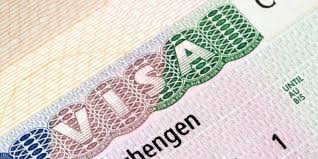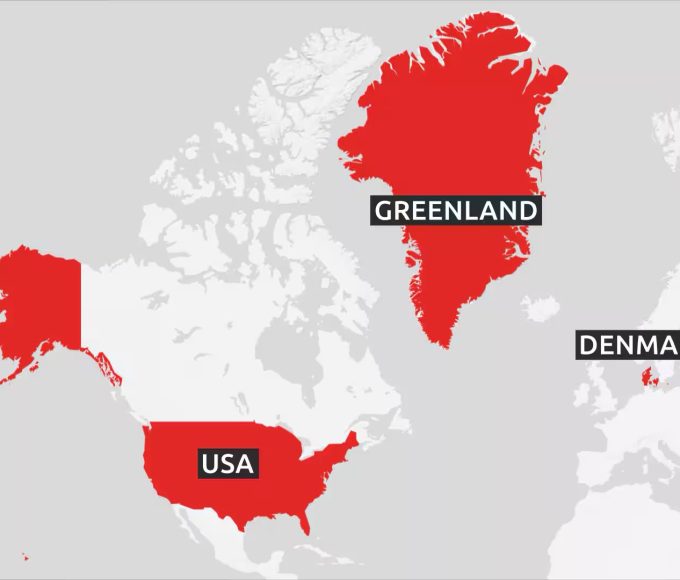
EU Shenghen Visa fee Increased by €10, Despite High Rejection Rate

African nationals seeking entry into European Union countries will incur a greater financial burden as visa fees are set to rise from €80 to €90 starting Tuesday.
This change, announced by the EU Commission, marks a 12.5% increase in application costs, adding to the already significant expenses faced by visa applicants from the continent.
According to Schengen visa statistics released on Saturday, African nationals spent a staggering €56.3 million on visa applications in 2023, only to face a high rate of rejections.
Out of 704,000 visa applications submitted by African nationals last year, a substantial number were denied, highlighting the economic strain on applicants from countries with some of the lowest wages in the world, like Nigeria.
A significant portion of these rejections came from Algeria, which accounted for 23.5% of the total expenses on rejected applications. Algerian nationals submitted 289,000 applications, of which 42.3% were denied, reflecting a substantial financial loss.
Moroccans, the top visa applicants from Africa, experienced the highest number of rejections, with 437,000 visa requests denied, resulting in €10.9 million spent on unsuccessful applications.
The report emphasised the phenomenon of “reverse remittances,” where the financial losses incurred from non-refundable visa fees benefit EU countries exclusively, without any return to the applicants.
In 2023 alone, rejected Schengen visa applications from African nationals generated €56.3 million in fees, representing 43% of all expenses related to visa applications for that year.
Nigerian citizens were notably impacted, contributing €3.4 million to the EU from rejected visa applications.
The overall rejection rates for African and Asian countries were significantly higher than those for other regions, with these two continents accounting for 90% of all visa-related expenses.
The trend of increasing expenses and rejection rates is not new. In 2022, the total amount generated from Schengen visa rejections stood at €105 million, which rose to €130 million in 2023.
This increase highlights the growing financial impact on applicants, mainly from African countries.
Read: Canadian Grand Prix One of the Worst Races My Career – Lewis Hamilton
Visit http://www.westafricaweekly.com for more news.
About The Author
Related Articles
Trump’s Greenland Threat Forces Europe to Taste the Logic of Western Colonial Power
It rarely begins with soldiers. More often, it begins with a sentence,...
ByWest Africa WeeklyJanuary 21, 2026The AFCON Final in Morocco and the Controversies That Followed
The Africa Cup of Nations final between hosts Morocco and Senegal ended...
ByWest Africa WeeklyJanuary 20, 2026Tinubu Government Claims Intelligence Cooperation With the US, Yet New York Times Publishes Conflicting Story Following $9 Million US Lobbying Effort
When the New York Times published its investigation suggesting that claims from...
ByWest Africa WeeklyJanuary 19, 2026Mali’s Transition Leader Attends Swearing-In of Guinea’s President Mamadi Doumbouya
Mali’s President of the Transition, General Assimi Goïta, represented the country in...
ByWest Africa WeeklyJanuary 19, 2026











